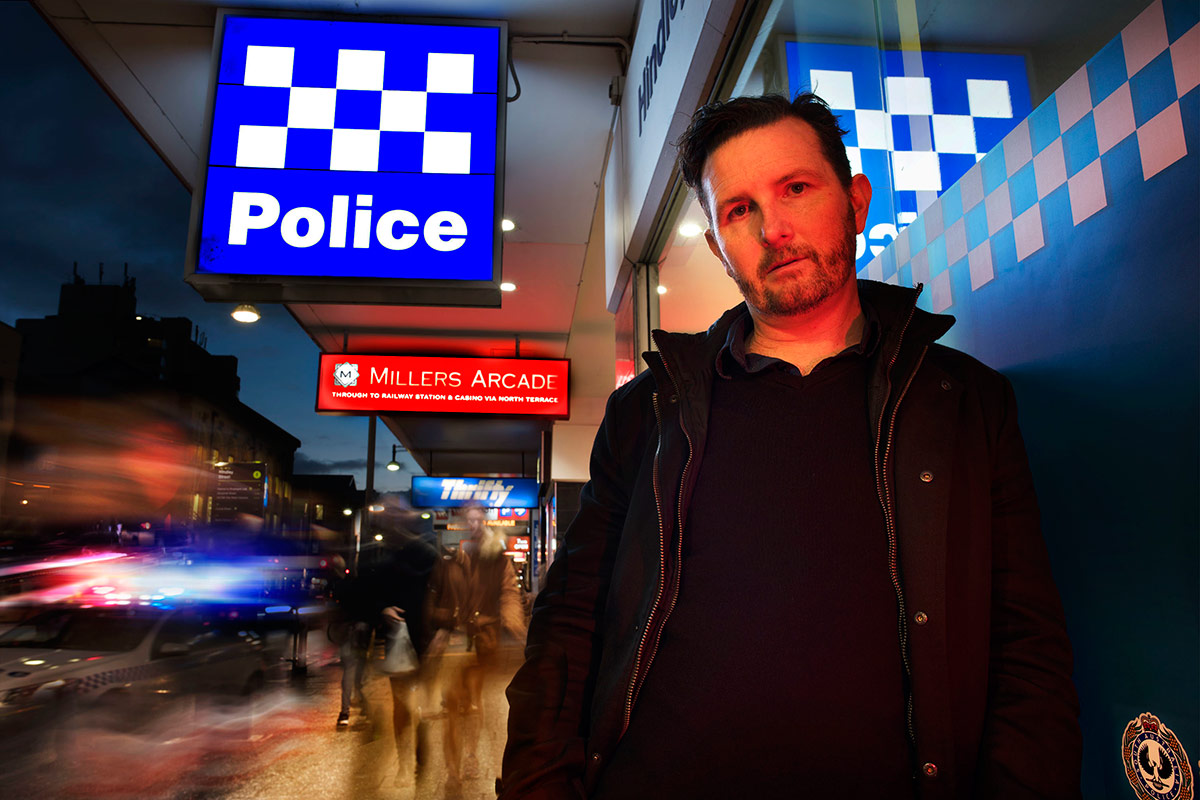
How do individuals become involved in cybercrime? How can the hidden connections between Australian extremist groups be revealed? Can competition among organised criminal groups result in greater threats to community safety?
World-leading criminologists are coming to Adelaide next week to address these and many other pressing issues for a pivotal workshop with law enforcement agencies, focusing on illicit networks and organised crime groups involved in trafficking illicit commodities, terrorism and cybercrime.
The three-day Illicit Networks Workshop, to be hosted at Flinders Victoria Square from 11-13 December, will promote greater inter-connectivity between academics across many disciplines and law enforcement practitioners.
“It tends to be that the two sides – academics and agencies – rarely have an opportunity to share their insights into organised criminal groups and the activities of these groups,” says Associate Professor David Bright, from the Centre for Crime Policy and Research at Flinders University.

“Getting everyone together to discuss the current state of organised criminal networks is a significant breakthrough.”
Associate Professor Bright, who will deliver workshop sessions on multi-level organised criminal networks and the links between drug traffickers and groups involved in other serious crime, expects a strong law enforcement agency commitment to the workshop.
“Illicit networks move and adapt quickly, and presentations for the workshop will be right at the cutting edge,” he says, pointing to such critical topics as cybercrime, and the networks employed by criminal organisations to traffic drugs, guns, engage in acts of terrorism and attract new members.
“We will be presenting entirely new research results that have not yet been published, which is very exciting.”

